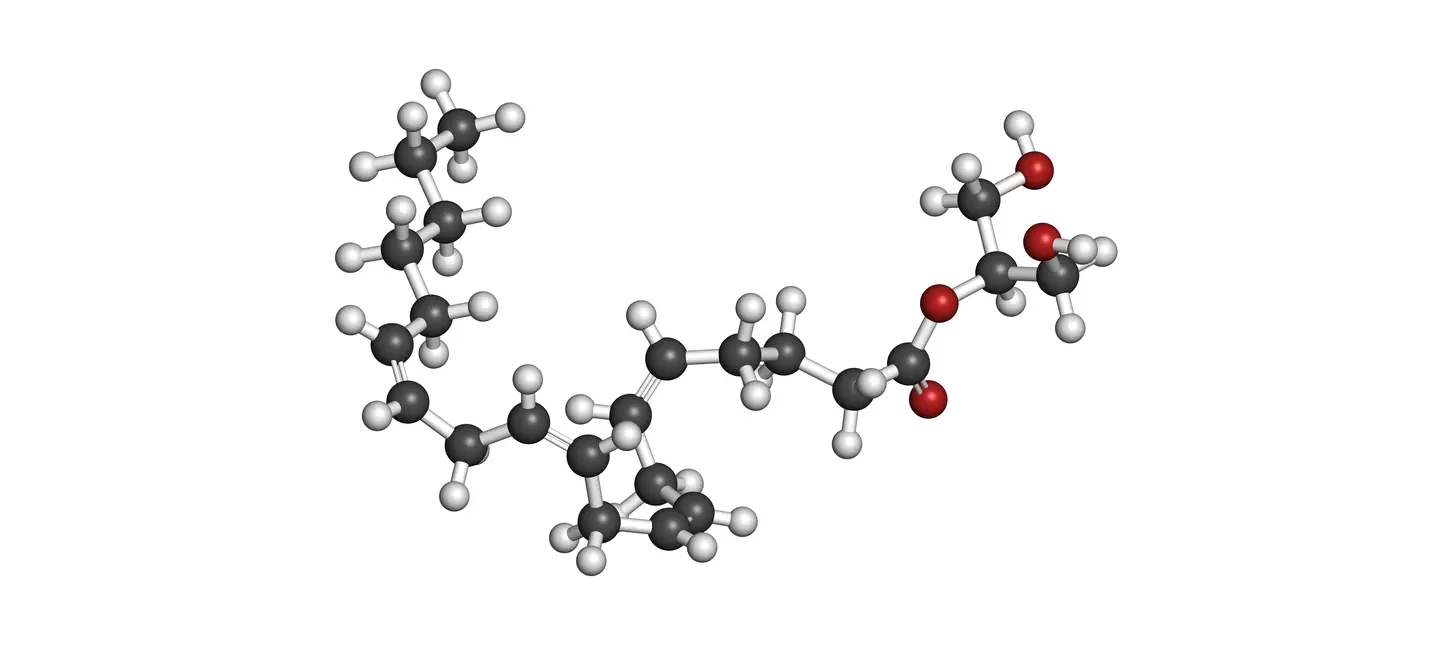
Diacylglycerol is a compound found in small amounts in plant oils. Oils rich in diacylglycerol can be made in the lab and used to replace fats in the diet.
Diacylglycerol might work by increasing energy use and the breakdown of fat. Diacylglycerol-concentrated oils taste and look like regular fats and cooking oils.
People use diacylglycerol for obesity, diabetes, high levels of triglycerides in the blood, and other conditions, but there is no good scientific evidence to support most of these uses.
Is It Effective?
NatMed Pro rates effectiveness based on scientific evidence according to the following scale: Effective, Likely Effective, Possibly Effective, Possibly Ineffective, Likely Ineffective, Ineffective, and Insufficient Evidence to Rate.
- Obesity. Taking diacylglycerol by mouth seems to improve weight loss in overweight or obese adults.
There is interest in using diacylglycerol for a number of other purposes, but there isn't enough reliable information to say whether it might be helpful.
Is it Safe?
When taken by mouth: Diacylglycerol is likely safe for most people. It's usually well tolerated, but might cause some stomach upset similar to other cooking oils.
Special Precautions & Warnings:
Pregnancy and breast-feeding: Diacylglycerol is likely safe when consumed in foods. There isn't enough reliable information to know if diacylglycerol is safe to use in larger amounts when pregnant or breast-feeding. Stay on the safe side and stick to food amounts.
It is not known if Diacylglycerol interacts with any medicines. Before taking Diacylglycerol, talk with your healthcare professional if you take any medications.
There are no known interactions with herbs and supplements.
There are no known interactions with foods.
Diacylglycerol is a compound naturally found in small amounts in plant oils. Oils such as soybean and rapeseed can be changed to include higher concentrations of diacylglycerol to be used as replacement cooking oils. It's most often been used by adults in doses of 10-20 grams by mouth daily for up to 1 year. Speak with a healthcare provider to find out what dose might be best for a specific condition.
1,2-Diglyceride, 1,2-Diacylglycerol, 1,3-Diglyceride, 1,3-Diacylglycerol, DAG, Diacilglicerol, Diacylglycérol, Diacylglycerol Oil, Diglyceride, Diglycéride, Huile de Diacylglycérol.
Information on this website is for informational use only and is not intended to replace professional medical advice, diagnosis, or treatment. While evidence-based, it is not guaranteed to be error-free and is not intended to meet any particular user’s needs or requirements or to cover all possible uses, safety concerns, interactions, outcomes, or adverse effects. Always check with your doctor or other medical professional before making healthcare decisions (including taking any medication) and do not delay or disregard seeking medical advice or treatment based on any information displayed on this website.
© TRC Healthcare 2024. All rights reserved. Use and/or distribution is permitted only pursuant to a valid license or other permission from TRC Healthcare.
